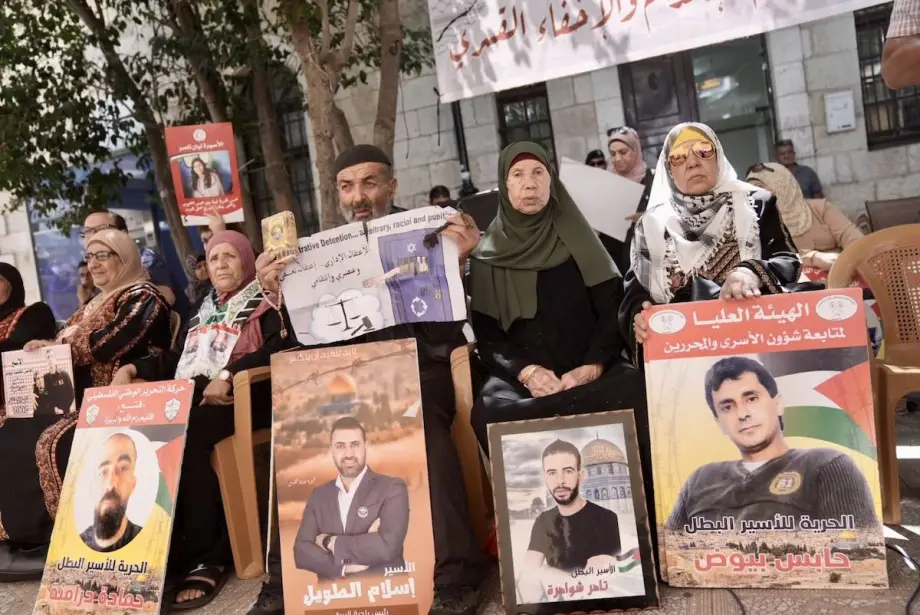Palestinian prisoners in Israel’s Shatta Prison ‘medically neglected, maltreated’ – Middle East Monitor
The Palestinian prisoners in Israel’s Shatta Prison are medically neglected and enduring unprecedented maltreatment, the Palestinian Commission of Detainees’ and Ex-Detainees’ Affairs said on Thursday.
The Commission described the conditions of the Palestinian prisoners in Shatta as “horrifying,” reported the Palestinian Information Centre. “They are exposed constantly to brutal beatings and pepper spray attacks, and served raw and unsalted food.”
According to the Commission’s lawyer who visited the prisoners in Shatta recently, they are medically neglected and not provided with any treatment. The lawyer specifically mentioned Waleed Musallam, who suffers from severe psoriasis, and Fadi Raddad, who has been suffering from sharp pains in his back and right shoulder since Israeli jailers assaulted him.
The detainees appealed to rights groups to intervene with the Israel Prison Service to allow them to practice their religious rituals during the holy month of Ramadan without restrictions, to improve the quality of food, and to provide them with copies of the Holy Qur’an and clocks.
READ: Hundreds of Palestinians, including children and women, released from Israeli jails
